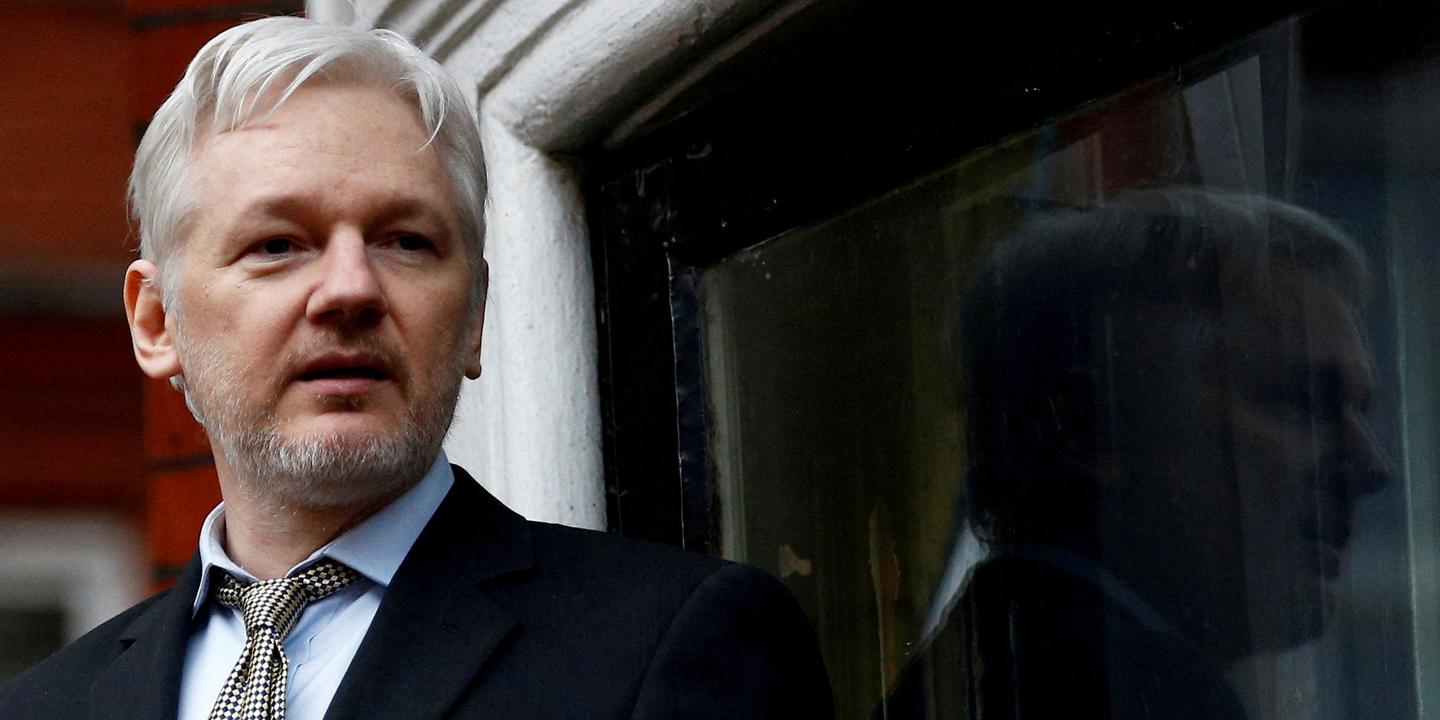The High Court of Justice in London further paved the way for an extradition of Julian Assange to the United States. In an appeal judgment rendered on Friday, December 10, it overturned the decision taken earlier this year in which a magistrate of first instance refused the extradition of the founder of WikiLeaks.
This decision was motivated in particular by the fragile mental health of Julian Assange, and the risk of suicide that an extradition to the United States posed on him. On appeal, the court was convinced by the guarantees provided by the US government.
Possible detention in Australia in case of conviction
The latter had notably assured during the summer at the court that if he were to be extradited, Julian Assange would not be subjected to “Special administrative measures” – particularly harsh prison conditions – that he would not be held in the very high security prison in Florence, Colorado, that he would receive psychological care appropriate to his condition and that if he were to be convicted, he could ask to serve his sentence in Australia, his native country. Arguments that had been strongly criticized by lawyers and supporters of the Australian.
In their judgment, the judges of the High Court, on the other hand, explained that, in their view, those guarantees made it possible to really limit the risks posed by extradition to Julian Assange’s state of health. And if she had known about it, the trial judge would not have objected to the extradition..
However, the question of the mental health of the Australian is the only point on which the latter had given reason to the team of Assange. The High Court judges therefore ordered that the case be referred to the first instance, with instructions to forward the extradition request to the British government, the last step before the actual extradition.
“Serious miscarriage of justice”, “immense disappointment”
The fiancee of Julian Assange, with whom he had two children while cloistered in the Ecuadorian embassy in London, denounced a “Serious miscarriage of justice” and a decision “Dangerous”. “British court sends investigative journalism into the dark and prosecutes Assange’s torture. The fight goes on “, for his part reacted the editor of WikiLeaks, Kristinn Hrafnsson.
“It’s a huge disappointment, because if it had been positive, this decision could have put an end to the ordeal of Julian Assange. We must not lose sight of the fact that this is an essentially political issue ”, told the World his French lawyer, Antoine Vey, who hopes that his client can be released on bail.
Several NGOs have also severely criticized the British court’s decision. “A parody of justice” criticized Nils Muižnieks, European Director of Amnesty International:
“The High Court chose to accept the deeply flawed diplomatic guarantees given by the United States. (…) These assurances are not worth the paper they are written on. The indictment of the US government poses a serious threat to press freedom, both in the United States and abroad. “
Christophe Deloire, Secretary General of Reporters Without Borders for his part denounced a decision “Historic for all the wrong reasons”, estimating that “Julian Assange has been targeted for his contributions to journalism” and that this decision had “Dangerous implications for the future of press freedom around the world”.
Espionage accusations
The United States is claiming Julian Assange mainly for acts of espionage corresponding to the publication, in the fall of 2010 and in partnership with numerous media, including The world, secret documents from the American army and diplomacy. The United States believes that these facts did not relate to journalism and endangered the identity of sources of the army and American diplomacy, an accusation long denied by the lawyers of Julian Assange during their various appearances before the British justice.
The US decision to charge the Australian and demand his extradition from the UK only came in May 2019, after the founder of Wikileaks was kicked out of the Ecuadorian embassy in which he had been holed up for escape extradition to Sweden, where he faced rape and sexual assault charges. Without being able to be heard by the Swedish justice, the last charges reached the statute of limitations in the summer of 2020. After seven years spent in the Embassy of Ecuador, the Australian is, since 2019, imprisoned in the prison of Belmarsh High Security, London.
Despite this latest setback inflicted by British justice on Julian Assange’s team, the judicial guerrilla warfare is not over, however. His lawyers have already announced their desire to bring the decision of December 10 to the Supreme Court. They also hope to make new arguments before the trial judge, and the final government decision may also be challenged. Julian Assange’s legal team has, moreover, already started working on appeals to the European Court of Human Rights.
–


